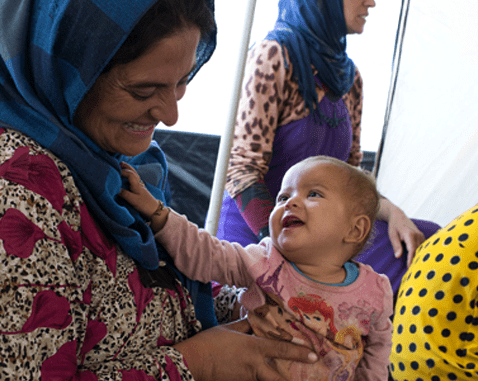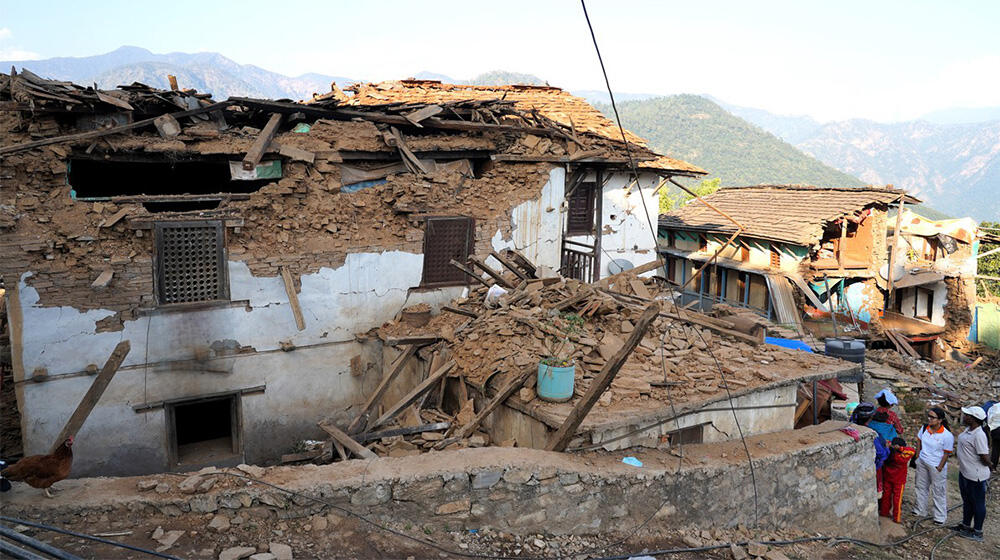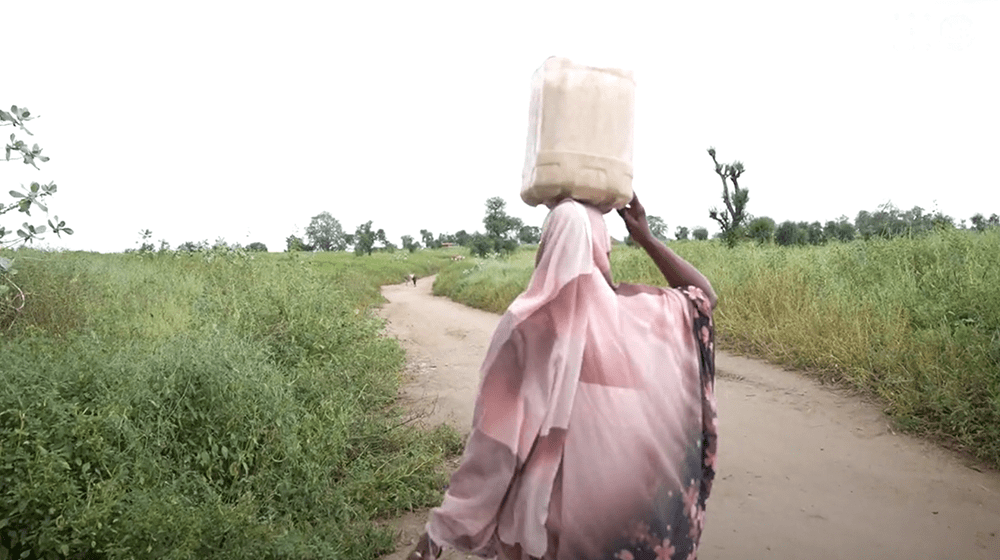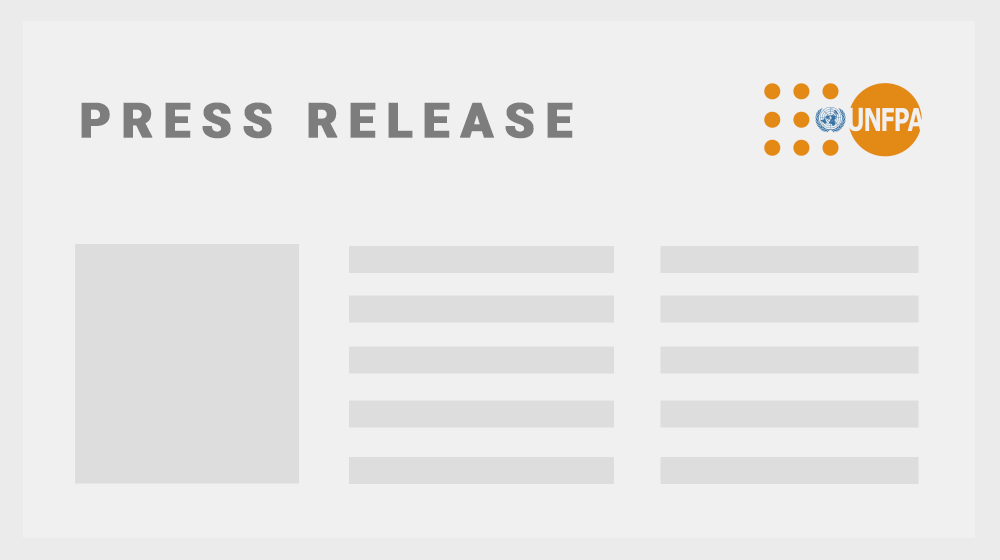Political instability and internal displacement continue to drive humanitarian needs in Iraq; years of conflict have disrupted livelihoods and left millions of people struggling to meet their basic needs. Women, children from female-headed households and displaced persons, in particular, face challenges in accessing basic services. Gender-based violence and harmful practices such as child marriage are widespread. UNFPA is working with partners to respond to women’s sexual and reproductive health needs and prevent and responds to GBV.
Emergencies related content
Humanitarian needs
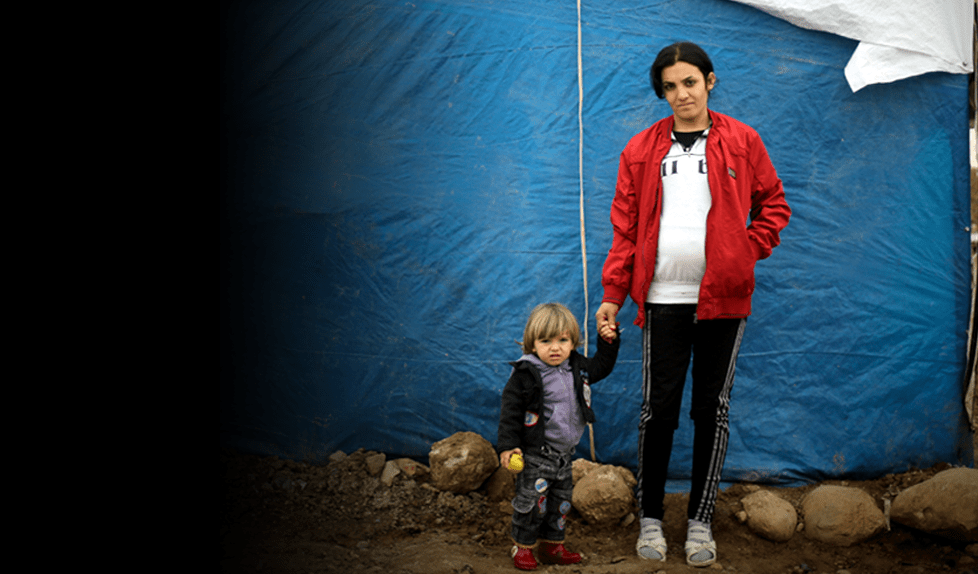
Last updated on - April 2022
Total people in need
2.2 million
Humanitarian funding
Resources in US$
Key humanitarian results 2022

UNFPA-assisted safe deliveries

Total people reached with all types of GBV services

Total women reached with all types of SRH services

Number of people reached with SRH/GBV information and awareness activities

Dignity Kits distributed

Number of safe spaces

Number of adolescent and youth-friendly spaces supported by UNFPA

Number of health facilities that provide specialized GBV services (including Clinical Management of Rape), supported by UNFPA

Personnel trained on clinical management of rape

Personnel trained on Minimum Initial Package (MISP)
Disclaimer
- Results data are reported and updated as they become available.
- -Targets and UNFPA's populations of concern, including women of reproductive age and pregnant women, are estimated using the MISP calculator.
- -Funding estimates are based on country planning processes, including inter-agency humanitarian response plans and regional refugee and resilience plans.
